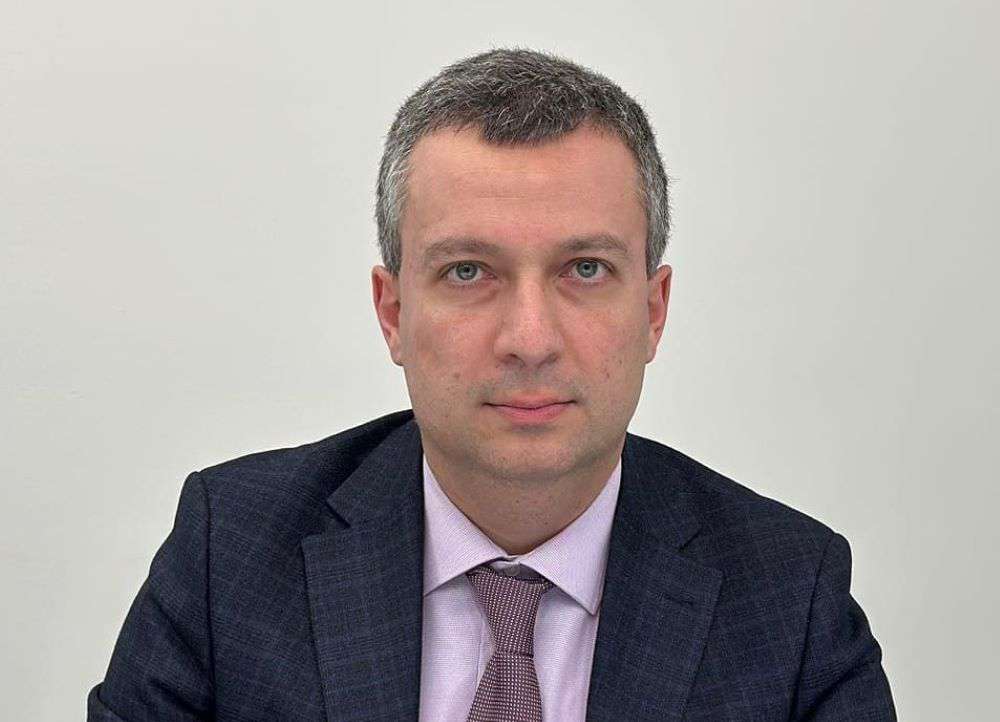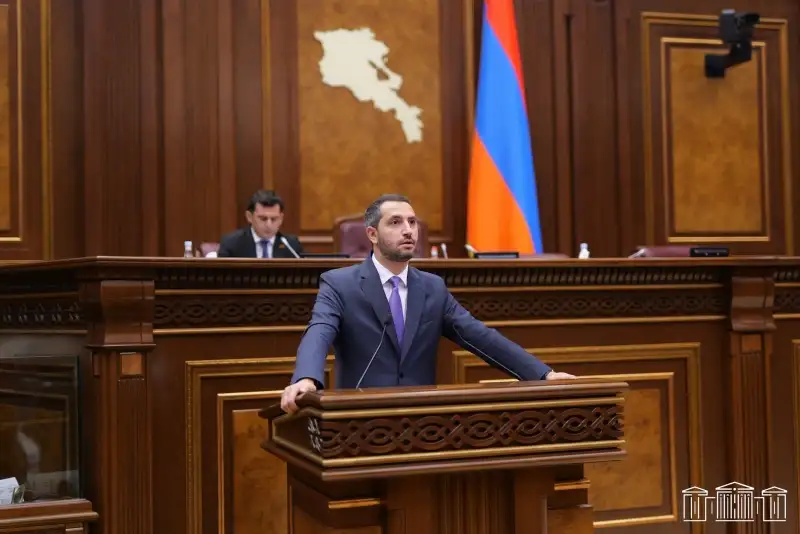Radar Armenia's interlocutor is Beniamin Poghosyan, senior expert at the "APRI Armenia" analytical center.
-What will be the main agenda issues of the meeting between Nikol Pashinyan and Donald Trump, especially considering the current level of Armenian-American relations?
-There will be no big news. I assume that issues related to Armenian-American relations will be discussed, considering Trump's interest in economic projects. I do not exclude that, first of all, this may concern the construction of a new nuclear power plant and the participation of American companies there, as well as the involvement of American capital in Armenia's mining industry. This includes Armenian-American relations, Armenian-Azerbaijani relations, peace prospects, and the opening of roads.
-Can we consider this a diplomatic turn in Armenia's foreign policy towards the West?
-There are many such statements, but the reality is a little more complicated. Everything with the same EU continues to be based on the agreement signed in 2017. It would be a change if, for example, we signed an association agreement with the EU or officially applied and announced that we were starting the accession process. And with the United States, a strategic dialogue began in 2019. In January 2025, in the last days of the previous administration's power, the charter of the strategic partnership commission was also signed. However, to claim a significant improvement in relations with the United States is not accurate. Therefore, there is a deepening of ties with the West, but to say that Armenia is going to the West, making a turn, I would not rush.
-What expectations should be made from the trilateral meeting? Why should a memorandum of understanding be signed if they have agreed on the agreement?
-First of all, I am not sure what the document will be called: a memorandum of understanding or a peace treaty. In any case, what will be signed will not be a treaty; it will not assume binding legal force, ratification in parliaments, but will be a political statement. Now, what is the interest of the United States? It seems to me that there are several factors. First, Trump's tendency to prove to himself and the world that he is a successful president and brings peace. The second factor is Iran. Iran borders both Azerbaijan and Armenia, and it is understandable that if the Americans can ensure some representation in Armenia, this will further weaken Iran's position in the South Caucasus, third, complicated relations with Russia. At first, Trump tried to reach an agreement with Russia and stop the Ukrainian war by continuing negotiations. Still, Russia rejected this proposal, which led to Trump's hopes not being realized. And everyone understands that Russia is a significant player in the South Caucasus and is considered both a guarantor of security and the primary mediator in resolving conflicts. In other words, the third factor contributes to the US becoming more active in our region.
-And how to understand Russia's silence about this meeting? Is this related to the visit to Russia of Donald Trump's special representative Witkoff?
-It seems to me that now Russia has one problem that it considers existential – a proxy war with the West on the territory of Ukraine. No one in Russia considers it a Russia-Ukraine war, but a war against the West, which is being waged on the territory of Ukraine. In these conditions, it is clear that almost all resources are directed to the war with the West, including the United States. Therefore, I do not think that what is happening in the South Caucasus is of vital importance to the Russians. I do not believe that Russia has real leverage to prevent the leaders of Armenia and Azerbaijan from appearing in Washington. More precisely, Russia does not want to concentrate many resources on preventing this development, because it needs them in a much more important region.
Lilit Abrahamyan


















